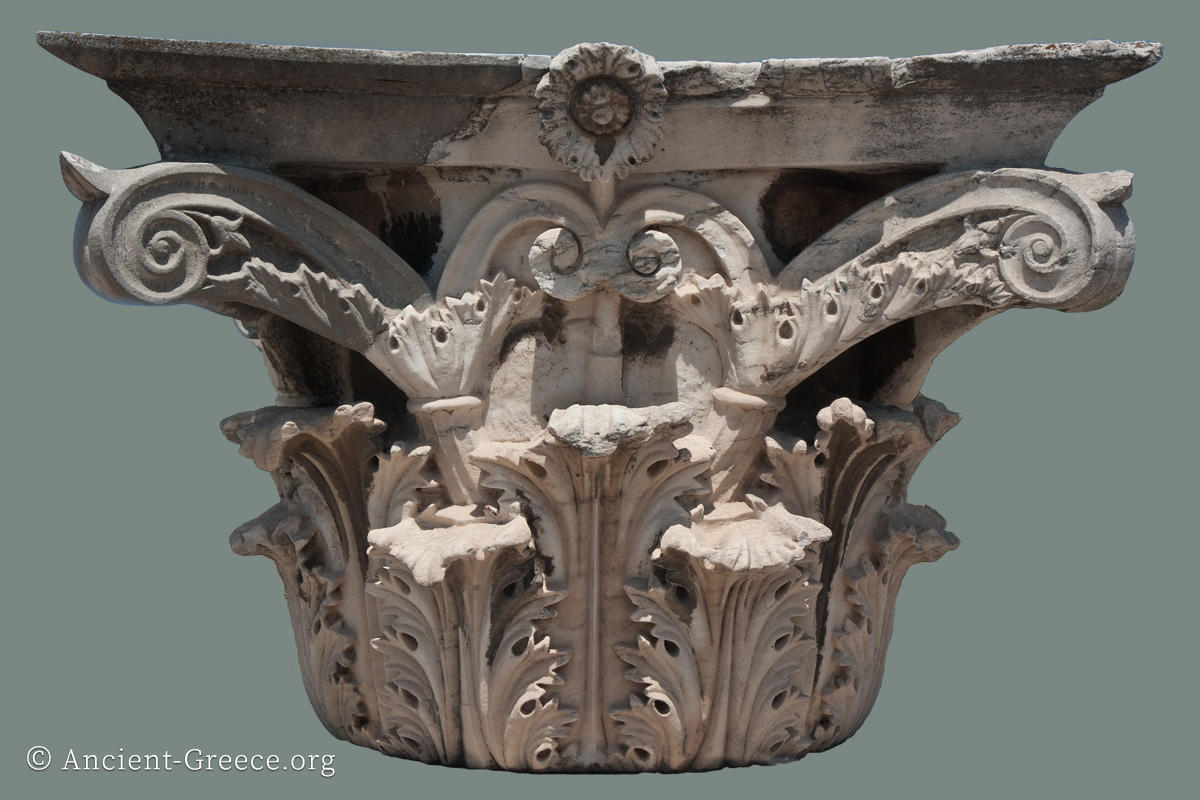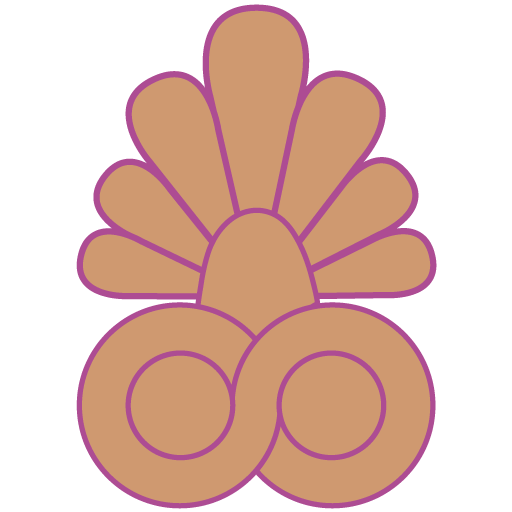Classical
The Classical period of Ancient Greece began in 480 BCE, and lasted until 323 BCE.
-
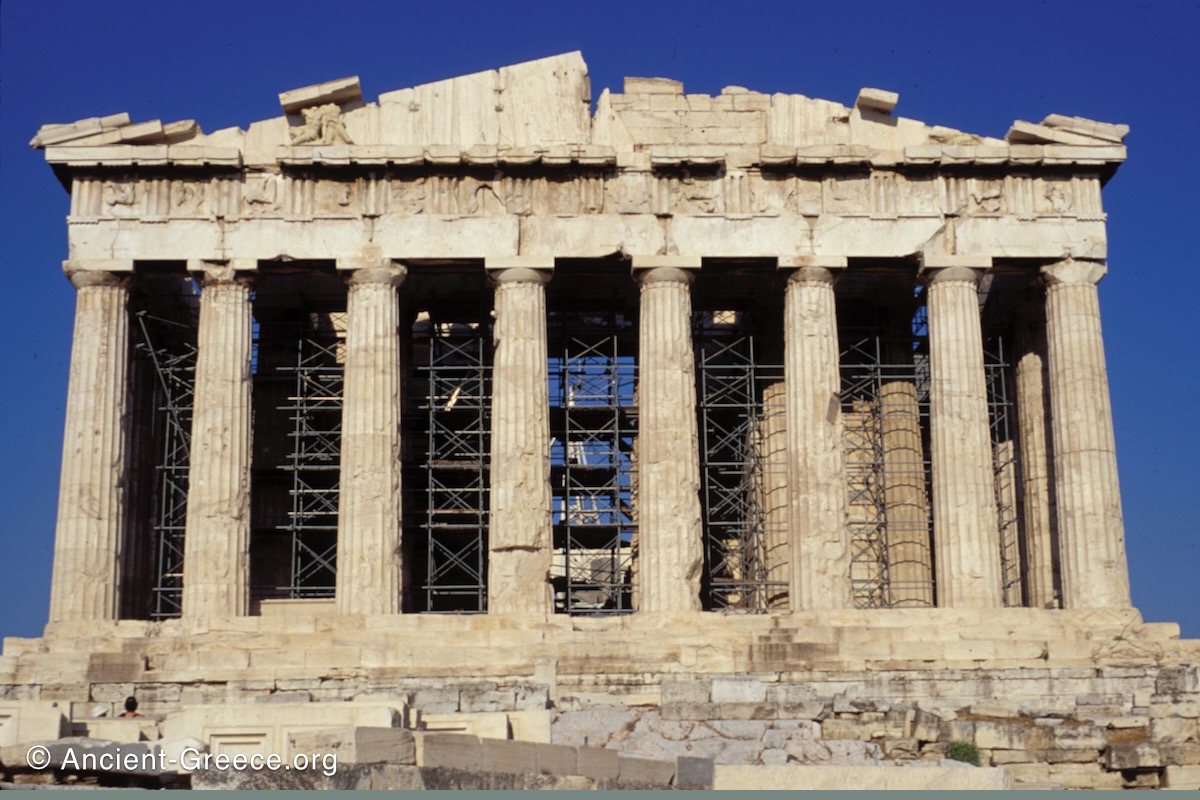
The Parthenon
Read more: The ParthenonΟ Παρθενώνας (Parthenon), is an Ancient Greek temple in the Acropolis of Athens, dedicated to Athena Pallas or Parthenos (virgin). It is widely considered to be the pinnacle of Classical Greek architecture, and over the years it has…
-
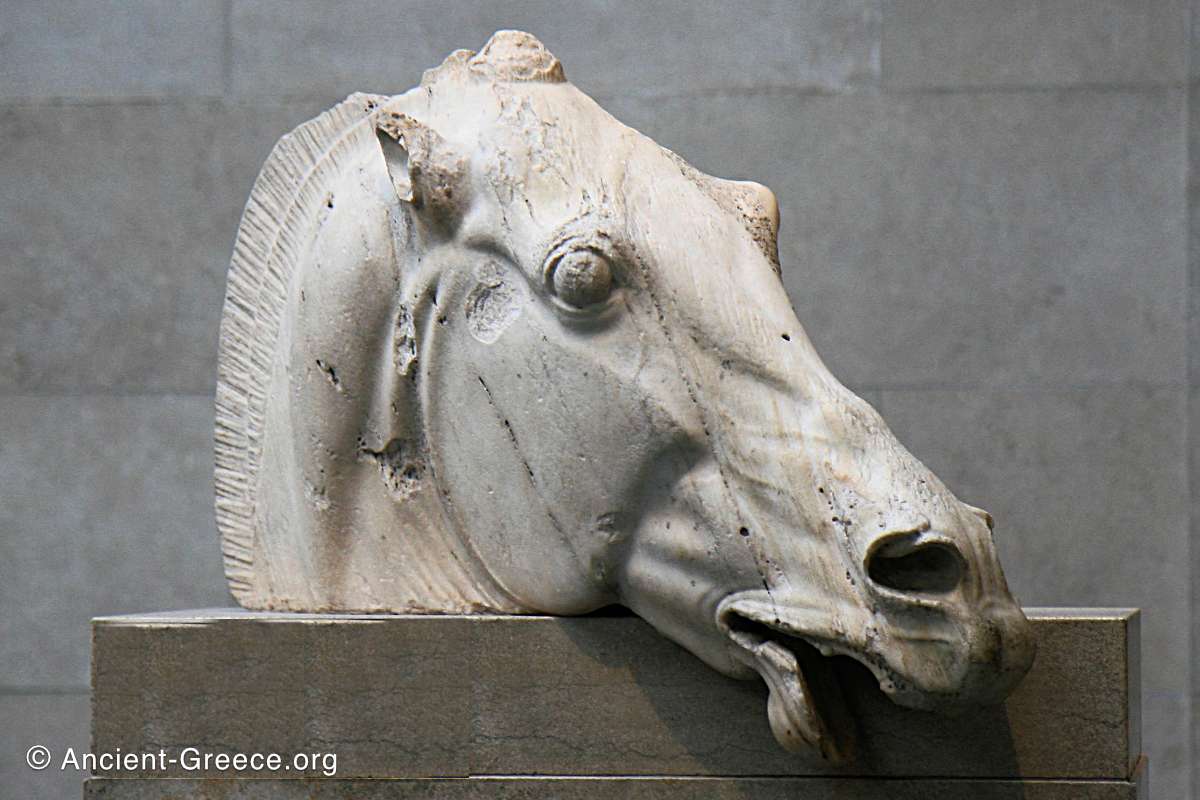
The Sculptures of the Parthenon
Read more: The Sculptures of the ParthenonThe Parthenon’s exterior was adorned with an abundance of sculptures. Above, and on the outer side of the colonnade we find the traditional Doric frieze that was decorated with alternating metopes and triglyphs. The exterior wall of the…
-
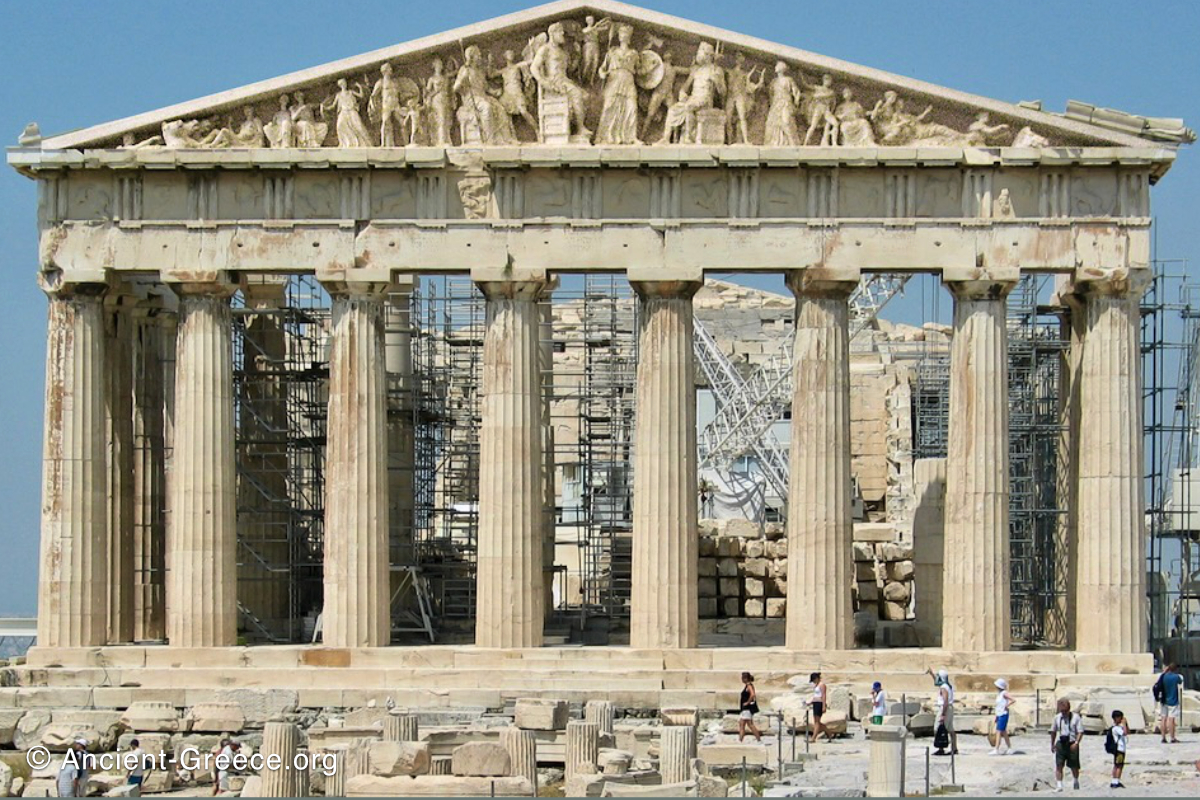
The Parthenon Pediments
Read more: The Parthenon PedimentsThe Parthenon pediments were lavishly adorned with sculptures that filled their triangular shapes in both the east and west facades. The sculptures of the Parthenon pediments are some of the finest examples of classical Greek art. Both sculptural…
-
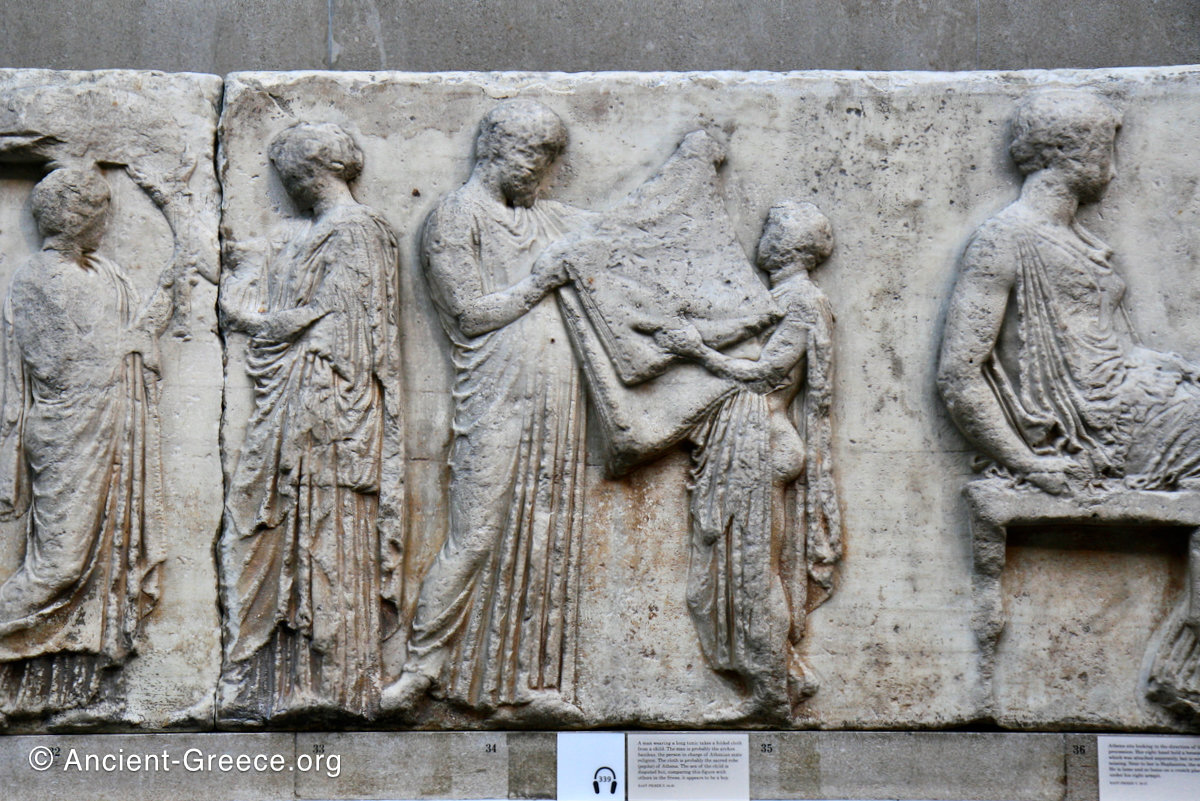
The Parthenon Frieze
Read more: The Parthenon FriezeThe Parthenon frieze is a continuous 1 meter high, 160 meters long, and 6 centimeters deep band of relief sculptures, created specifically to crown the entirety of the temple’s exterior wall. The sculptures are executed in low relief…
-
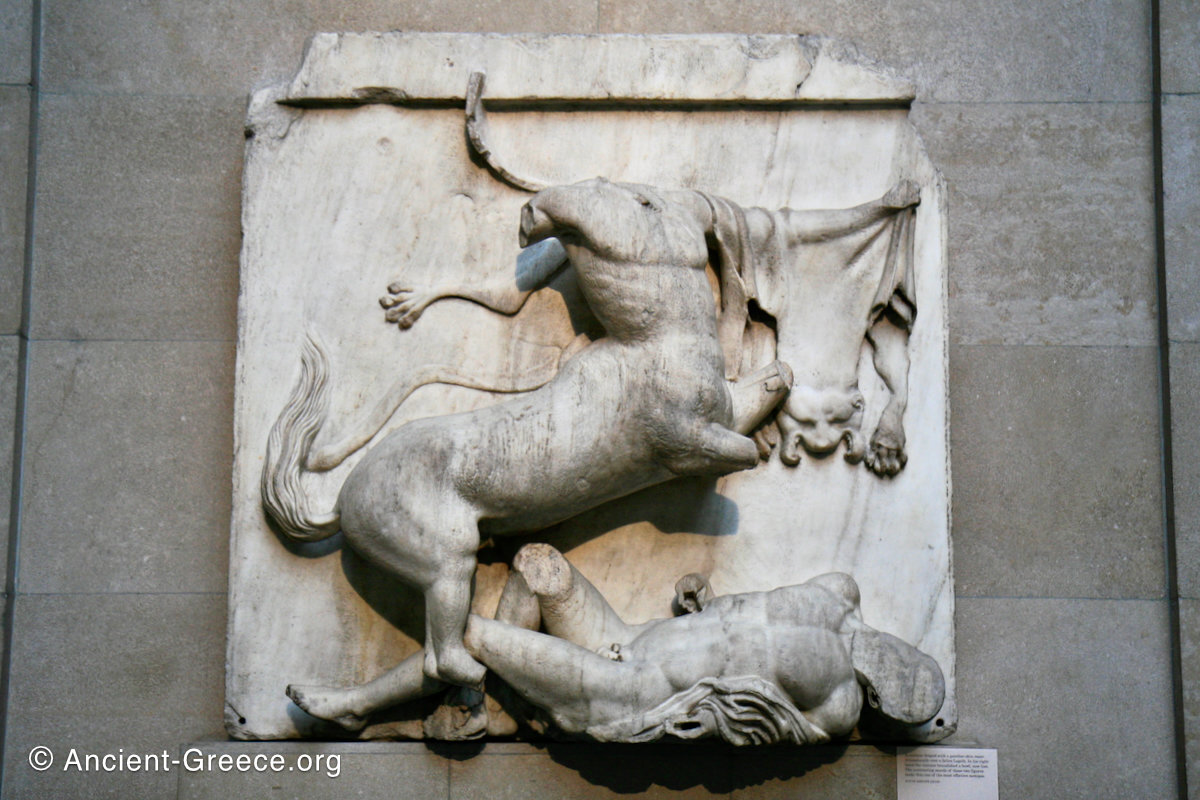
Parthenon Metopes
Read more: Parthenon MetopesPhotographs of the Parthenon metopes from the Acropolis, and the British museums. The Parthenon metopes were visible on the exterior of the temple above the colonnade. They were sculpted in deep relief and surrounded the temple on all…
-

Charioteer of Delphi
Read more: Charioteer of DelphiThe “Charioteer of Delphi” (Greek: Ἡνίοχος, meaning the rein-holder; often transliterated as Heniokhos or Iniohos“) is one of the best known ancient Greek statues, and one of the best preserved Classical bronze casts. It is considered a fine…
-
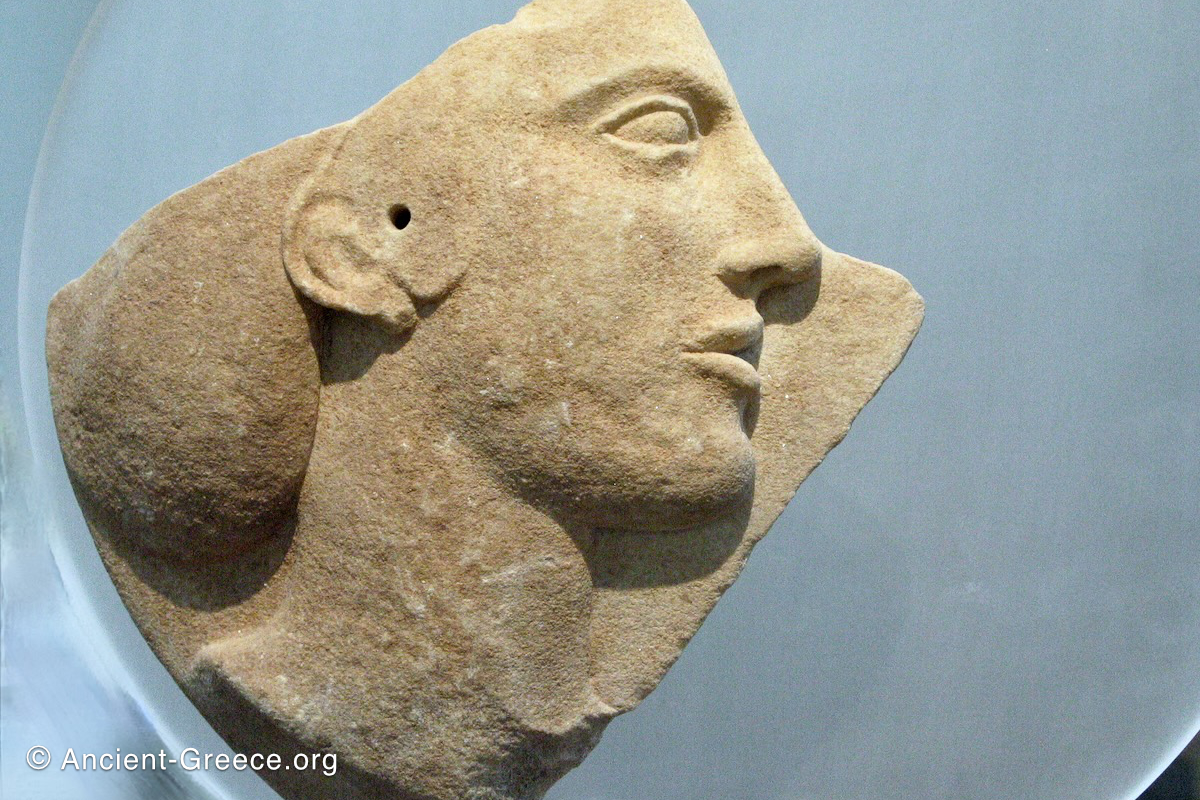
National Archaeological Museum in Athens: Classical 480 – 323 BCE
Read more: National Archaeological Museum in Athens: Classical 480 – 323 BCESome of the best examples of classical Greek art from excavations across the country and beyond are on exhibit at the National Archaeological Museum in Athens. The classical era is associated with the most important characteristics of what…
-
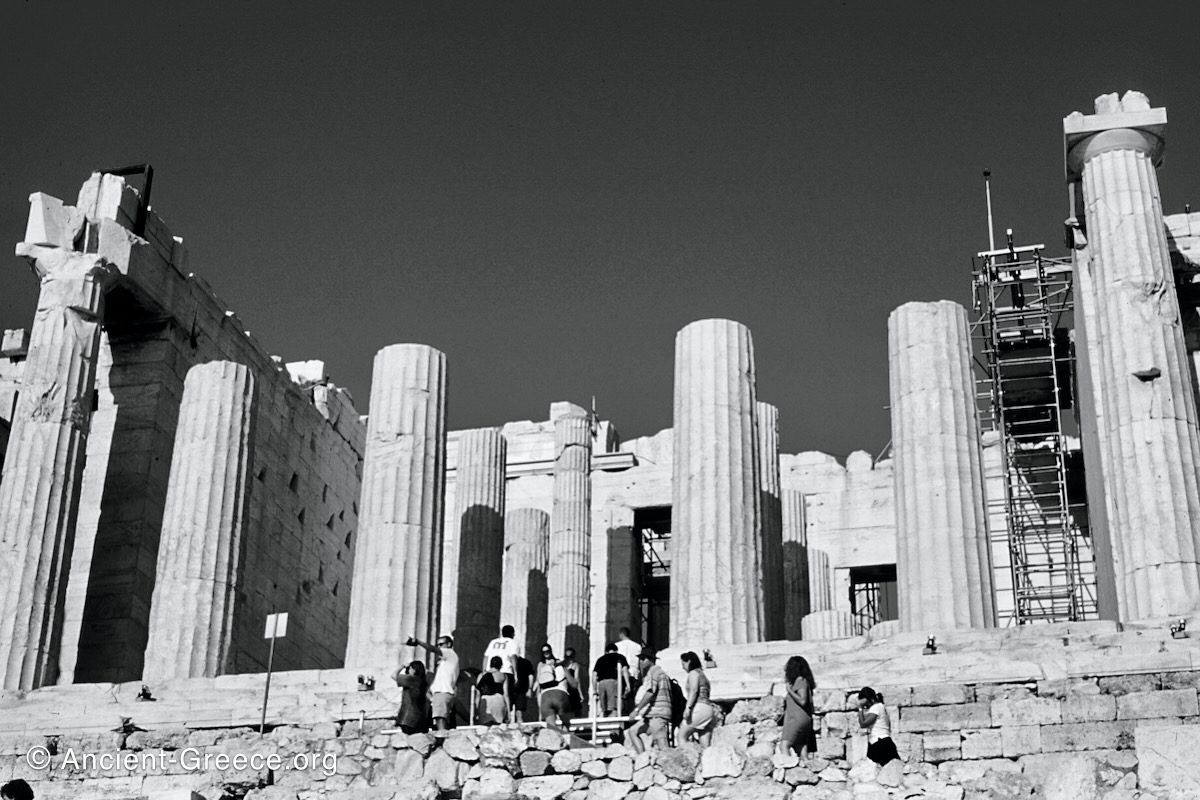
Propylaea
Read more: PropylaeaThe Προπύλαια (Propylaea, Propylaia) were built as a monumental entrance to the Acropolis rock. It is an imposing building that surrounds the natural entrance to the plateau, and one approached it in ancient times through an inclining ramp…
-
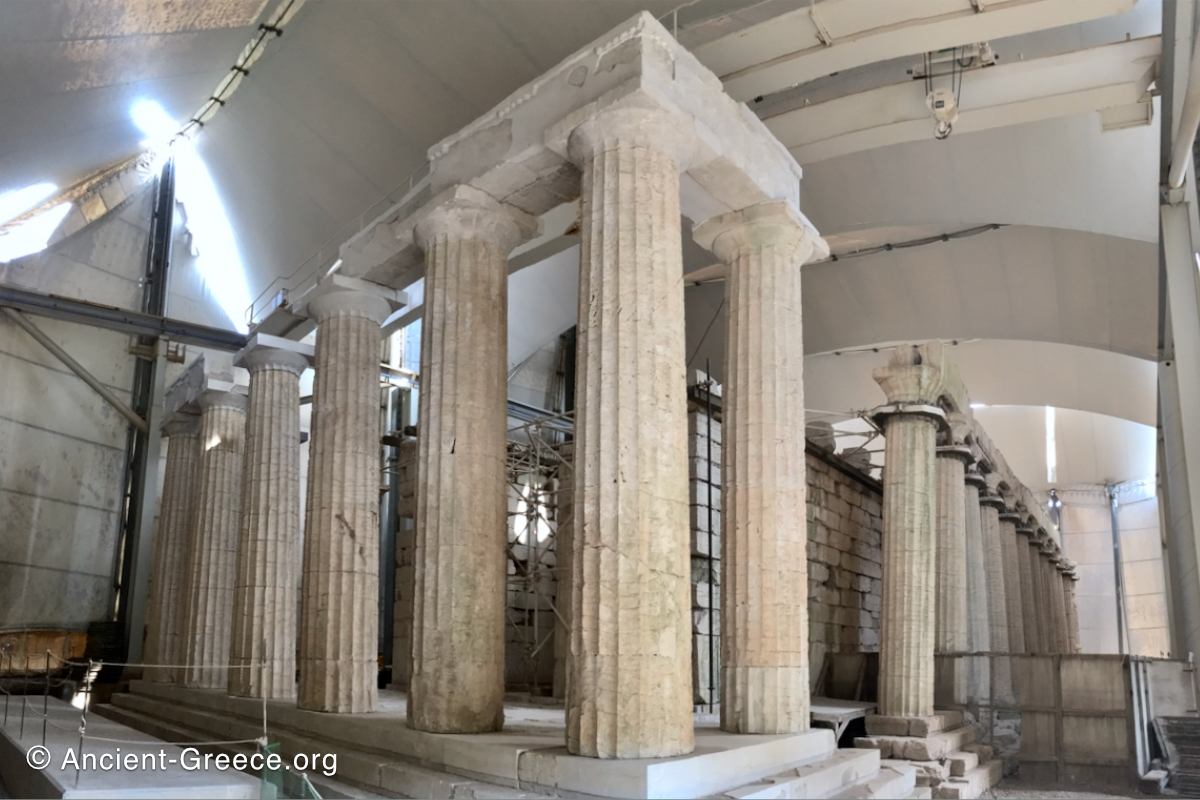
Bassae
Read more: BassaeΒάσσαι (Bassae, also transilterated as Bassai) is an archaeological site in the Pelopponese which is home to the Classical Era temple of Apollo Epikourios. The temple of Apollo Epikourios at Bassae of Figaleia still has its colonnade standing…
-
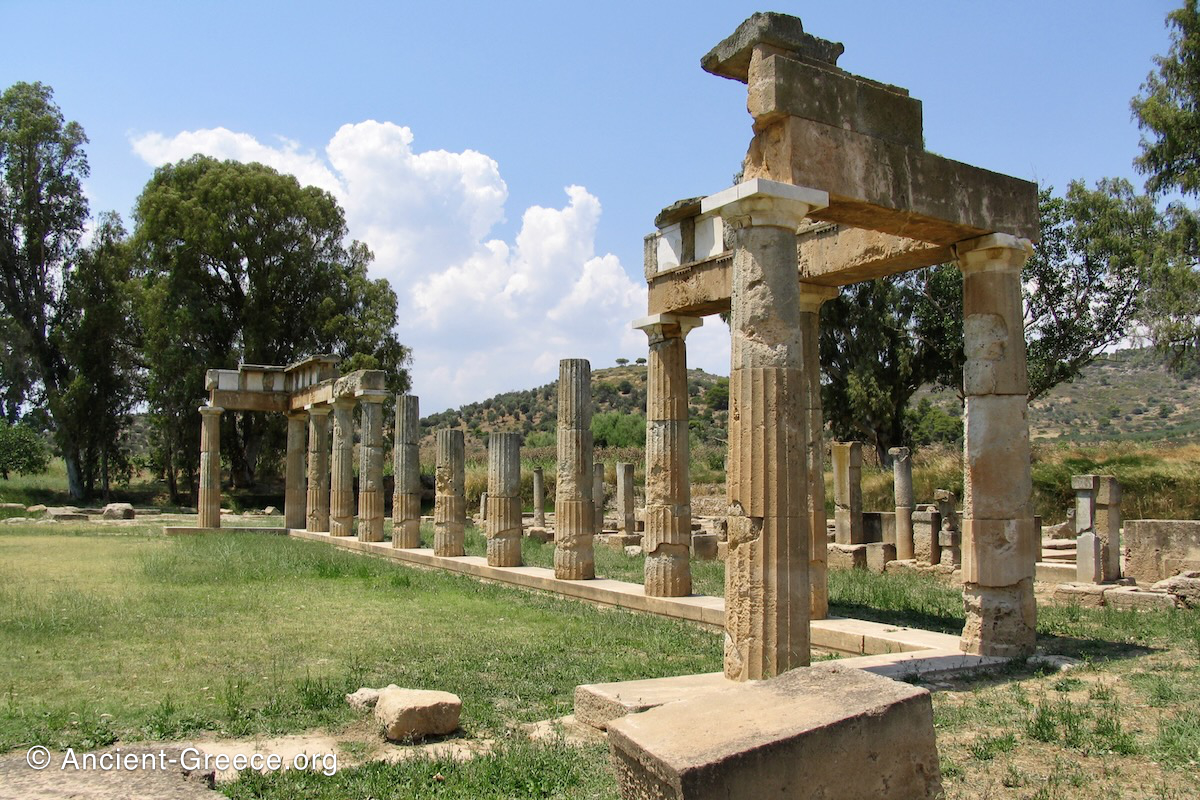
Brauron
Read more: BrauronBrauron (Βραυρών, Βραυρώνα, also transliterated Vravron, Vravrona) is an ancient sanctuary in eastern Attica near Athens. It was dedicated to the Goddess Artemis and it can be related to the Brauronion on the Acropolis of Athens. Worship on the…
